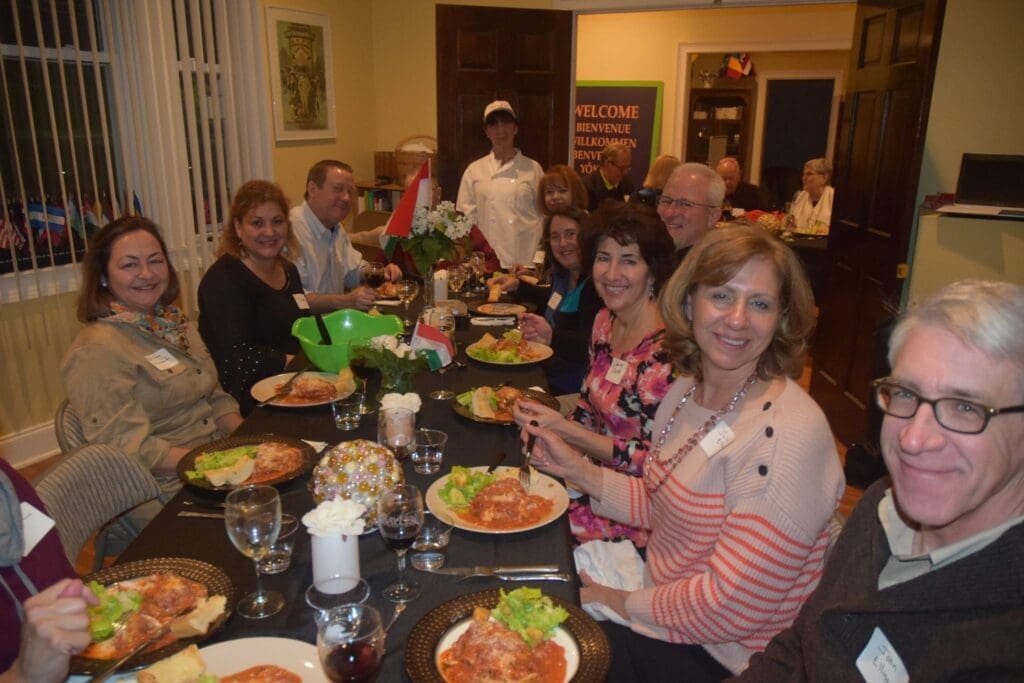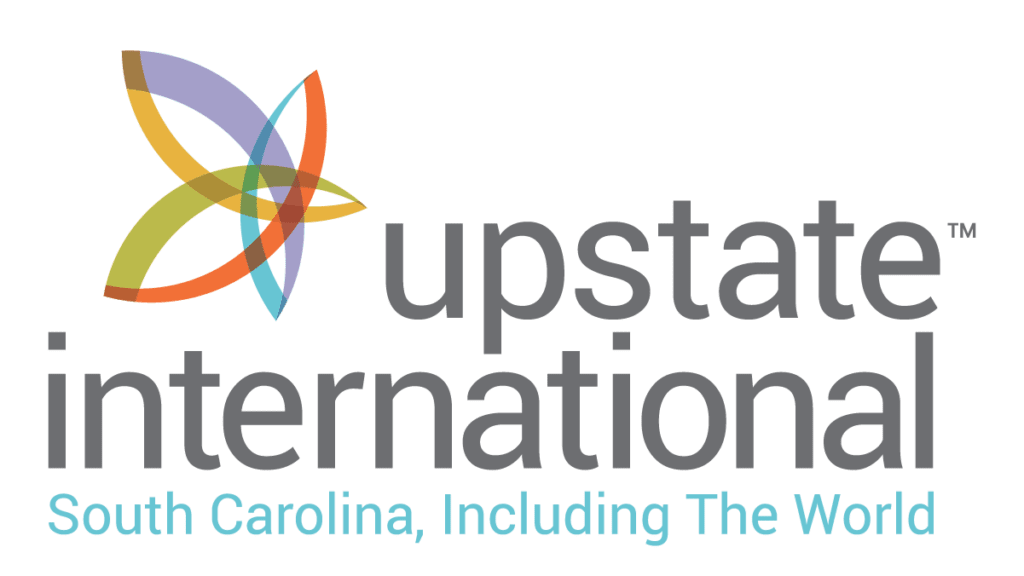Our Calendar
Explore the World, Locally
Events & Programs to Connect You
Find Your Way to Explore our Local Global Cultures
Upstate International provides intriguing events and programs that will connect you with our international community. Find your way to explore our local global cultures.
Add to our calendar and newsletter by sharing your international-related event for FREE! Please note your event will only be mentioned if approved.

Upcoming Events
Calendar
Tue
08
Jul
UIWG - Coffee at Panera Bread
July 8, 2025
10:00 am -
12:00 pm
Panera Bread,
1125 Woodruff Rd #1705, Greenville, SC 29607
Categories: International Women's Group | International Women’s Group
Fri
18
Jul
Celebrating Life Together: Célébrons La Vie Ensemble
July 18, 2025
02:30 pm -
04:00 pm
Upstate International,
9 S. Memminger St. Greenville, SC 29601
Member: Free, Non-Member: $10
Categories: Open to Public | UI Program
Buy Tickets for Celebrating Life Together: Célébrons La Vie Ensemble
Wed
23
Jul
UIWG - Lunch at Jasmine Kitchen
July 23, 2025
11:45 am -
01:00 pm
Jasmine Kitchen,
503 Augusta St, Greenville, SC 29605
Categories: International Women's Group | International Women’s Group
Thu
24
Jul
Fri
25
Jul
Salsa at Sunset - July
July 25, 2025
06:15 pm -
10:00 pm
Camperdown Plaza, Greenville, SC
Categories: Open to Public | Salsa at Sunset | UI Program
Tue
12
Aug
UIWG - Coffee at Panera Bread
August 12, 2025
10:00 am -
12:00 pm
Panera Bread,
1125 Woodruff Rd #1705, Greenville, SC 29607
Categories: International Women's Group | International Women’s Group
Wed
27
Aug
UIWG - Lunch at Jasmine Kitchen
August 27, 2025
11:45 am -
01:00 pm
Jasmine Kitchen,
503 Augusta St, Greenville, SC 29605
Categories: International Women's Group | International Women’s Group
Fri
29
Aug
Salsa at Sunset - August
August 29, 2025
06:15 pm -
10:00 pm
Camperdown Plaza, Greenville, SC
FREE Admission
Categories: Open to Public | Salsa at Sunset | UI Program
| Sun | Mon | Tue | Wed | Thu | Fri | Sat |
|---|---|---|---|---|---|---|
|
1
|
2
|
3
|
4
|
5
| ||
|
6
|
7
|
9
|
10
|
11
|
12
| |
|
13
|
14
|
15
|
16
|
17
|
19
| |
|
20
|
21
|
22
| ||||
|
28
|
29
|
30
|
31
|
1
|
2
|
